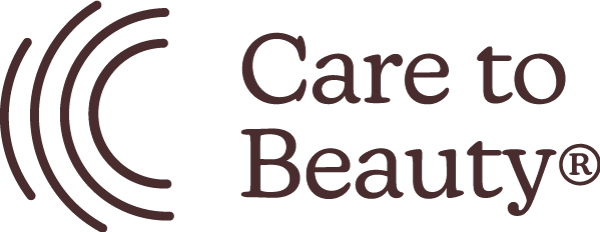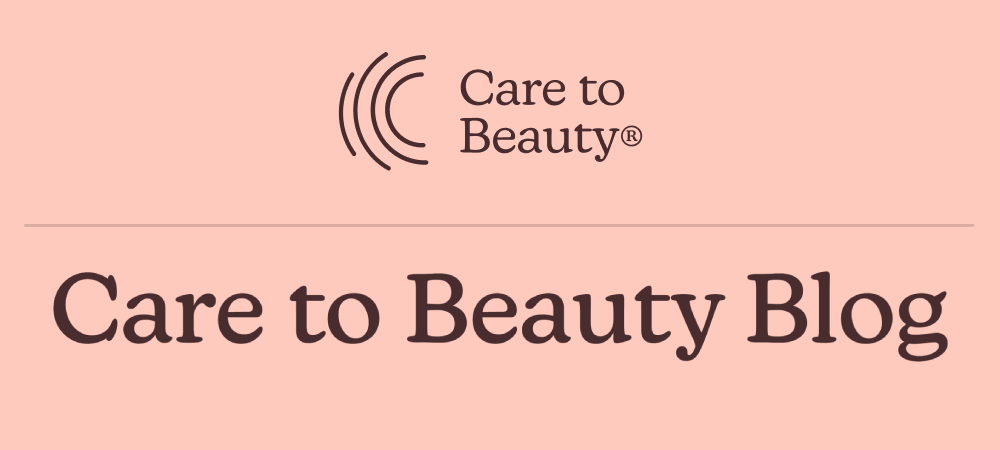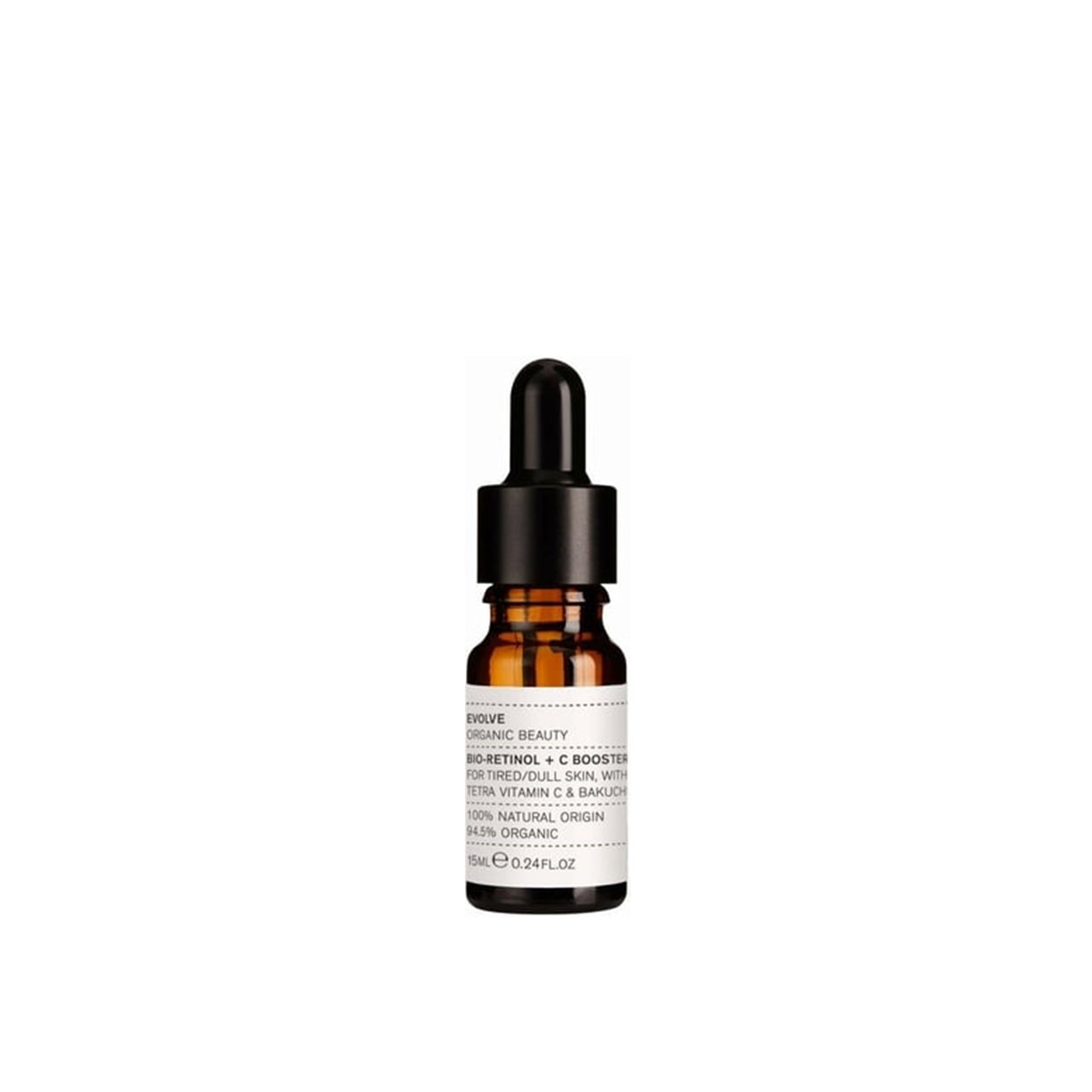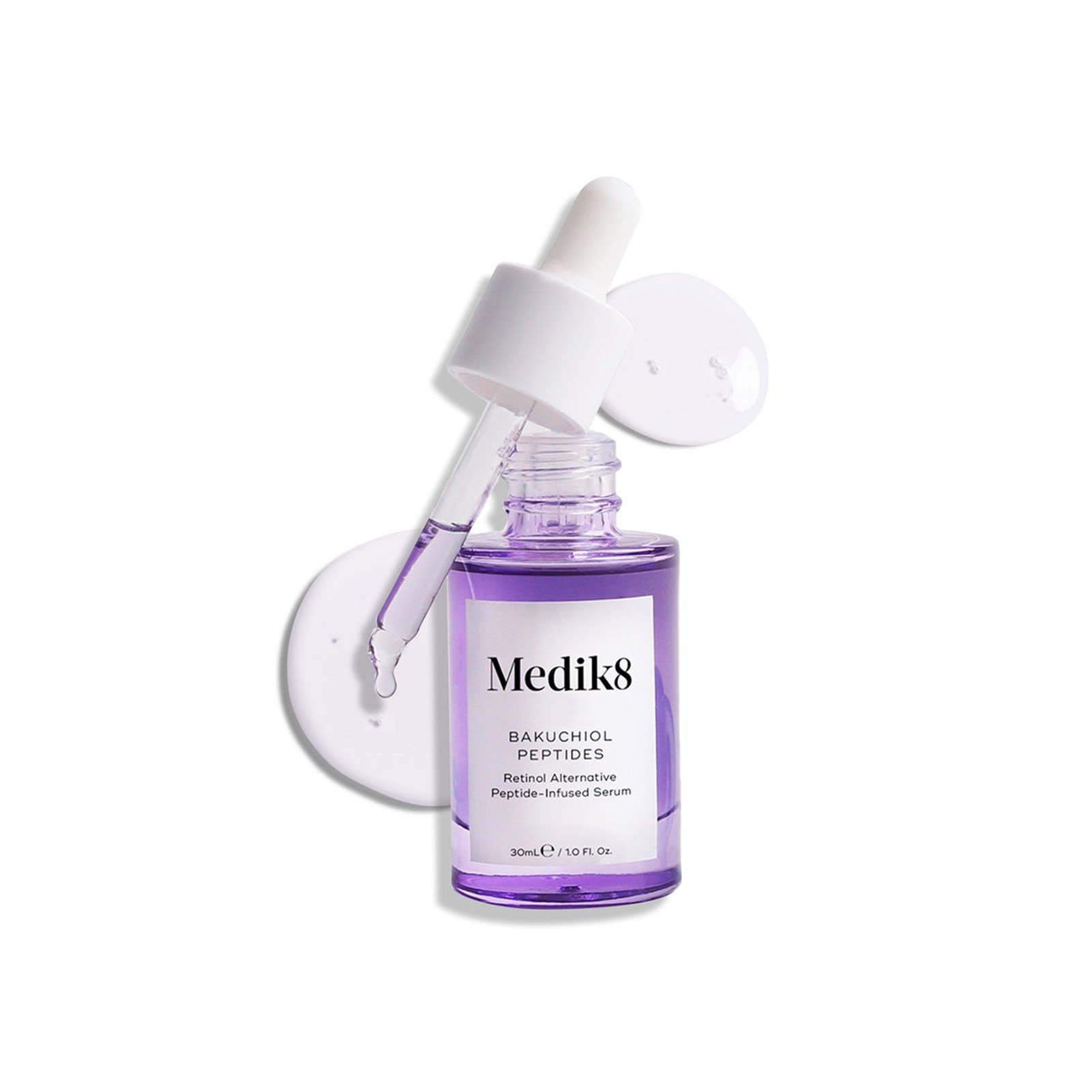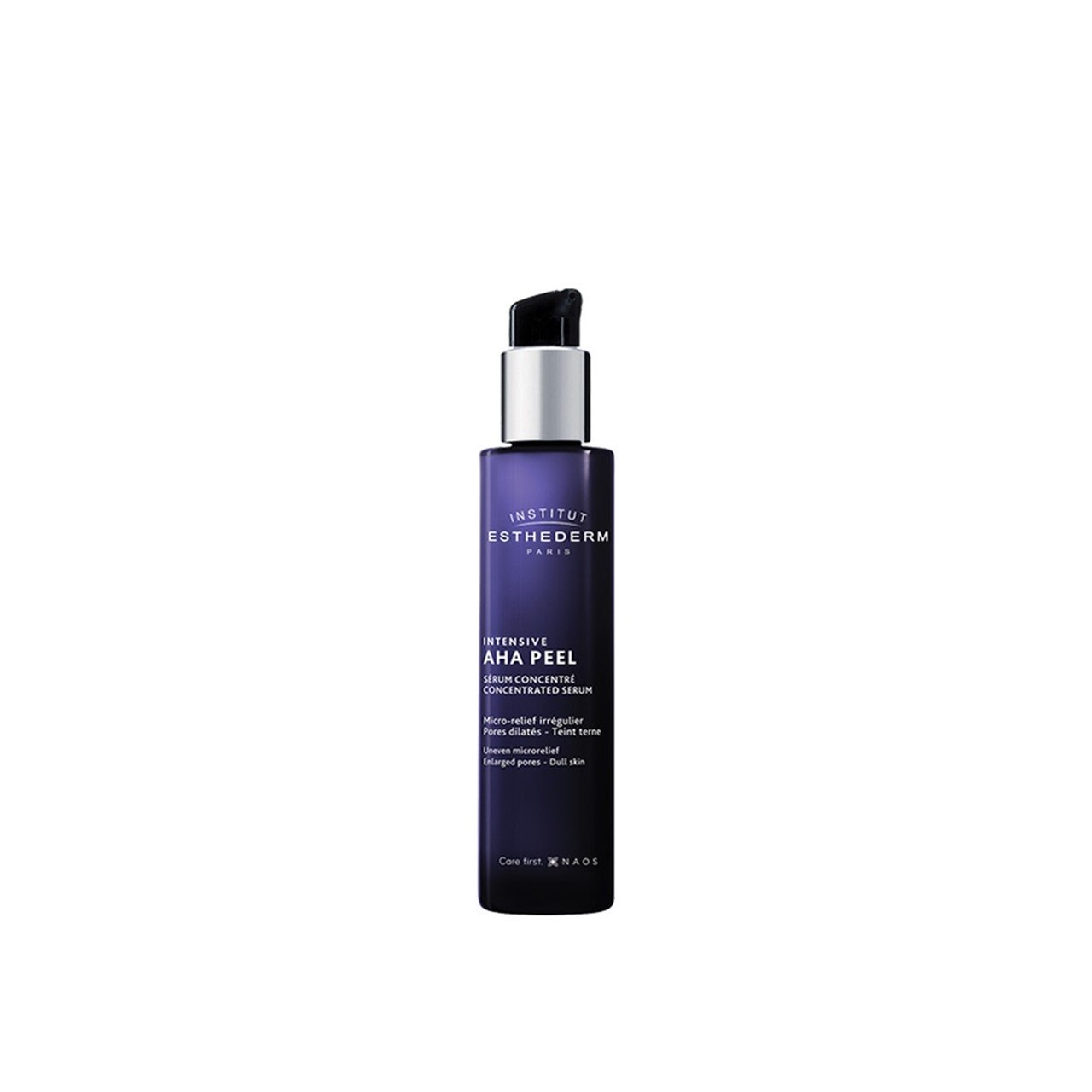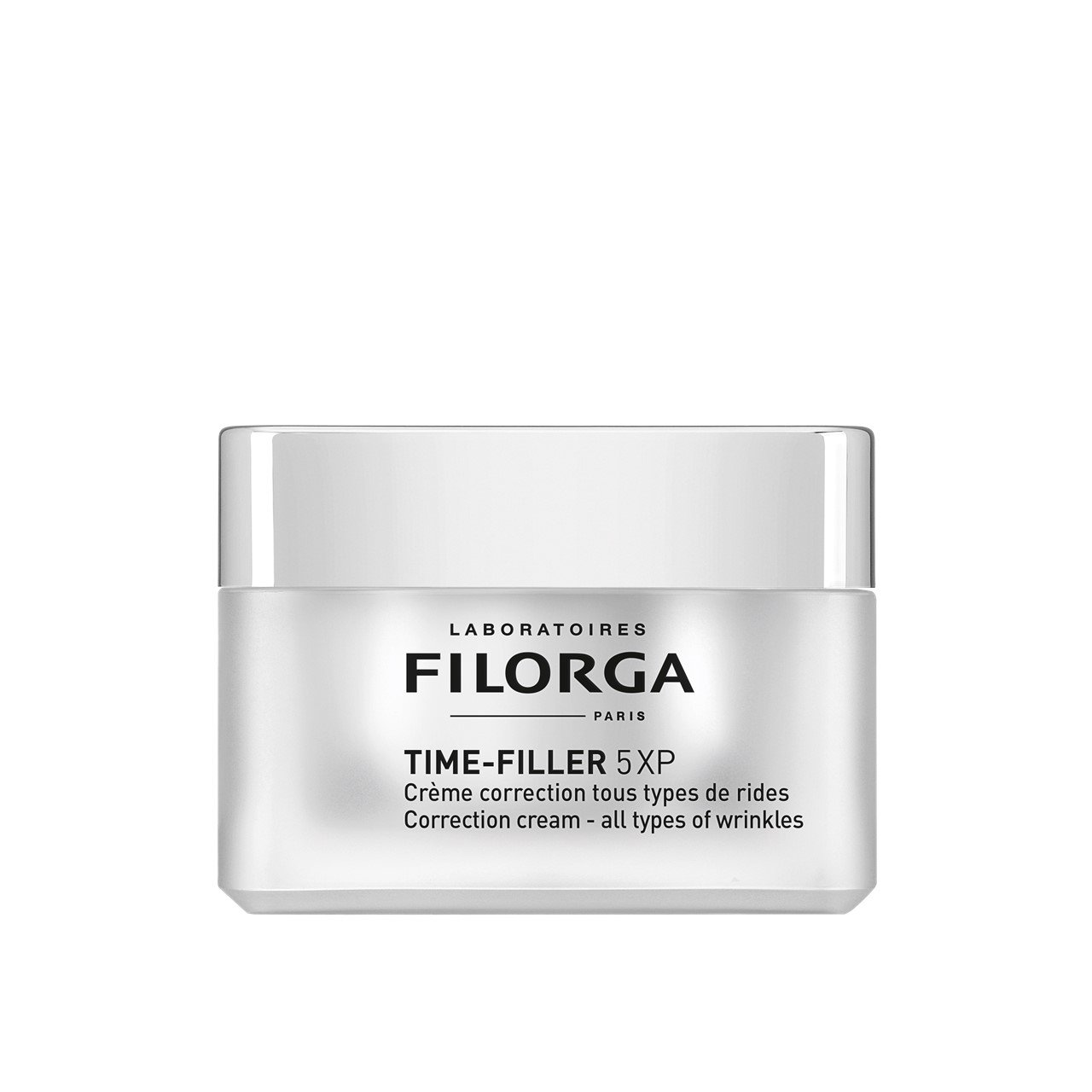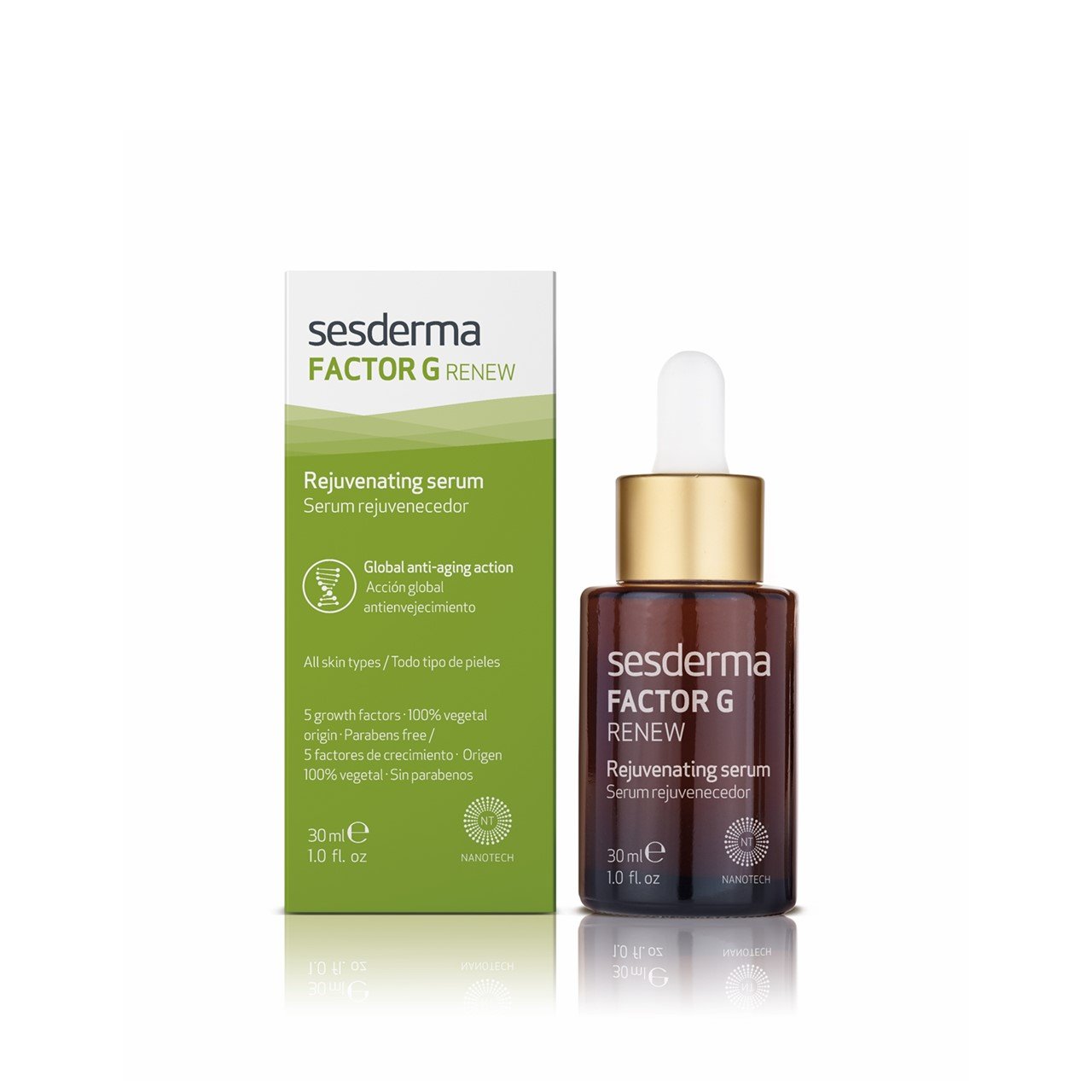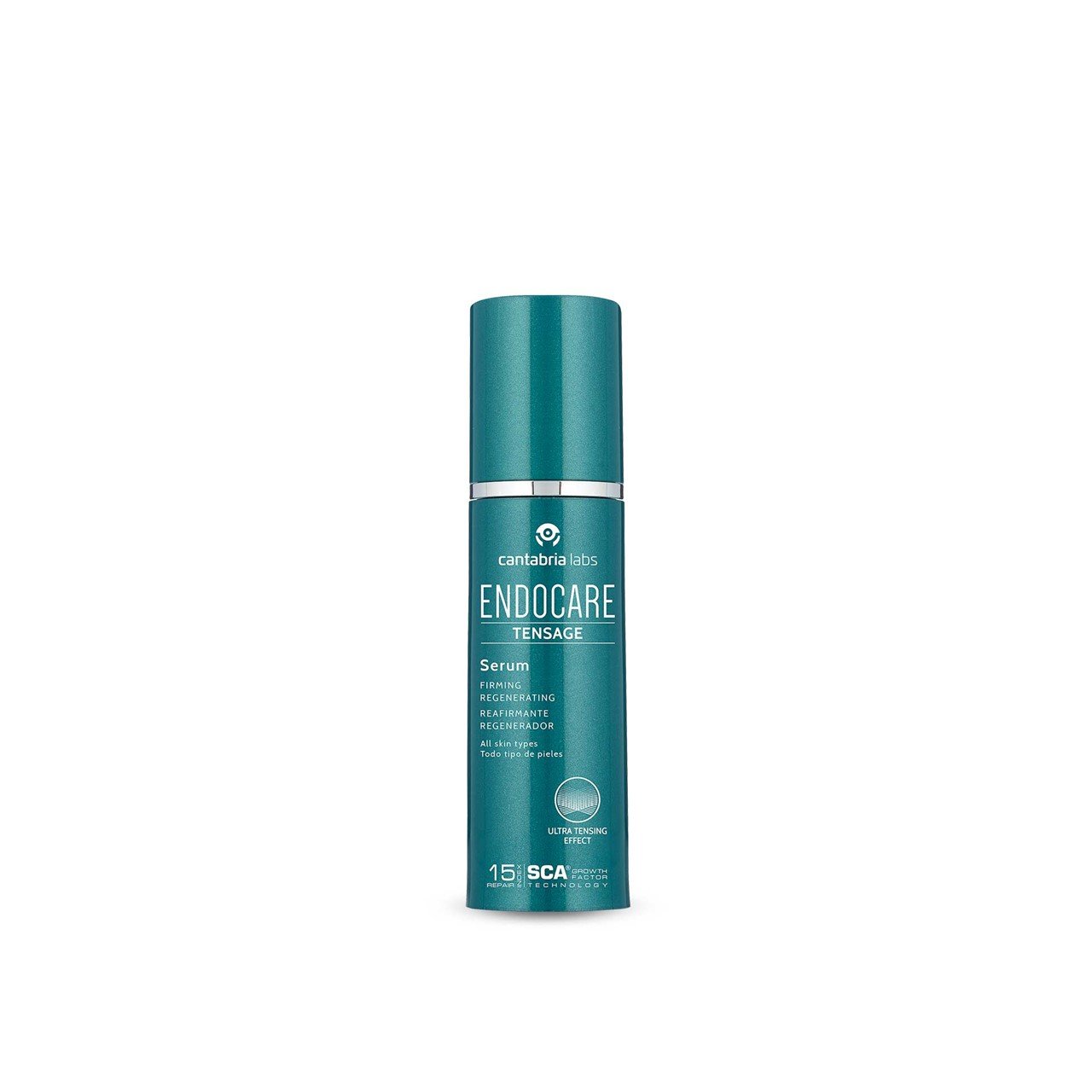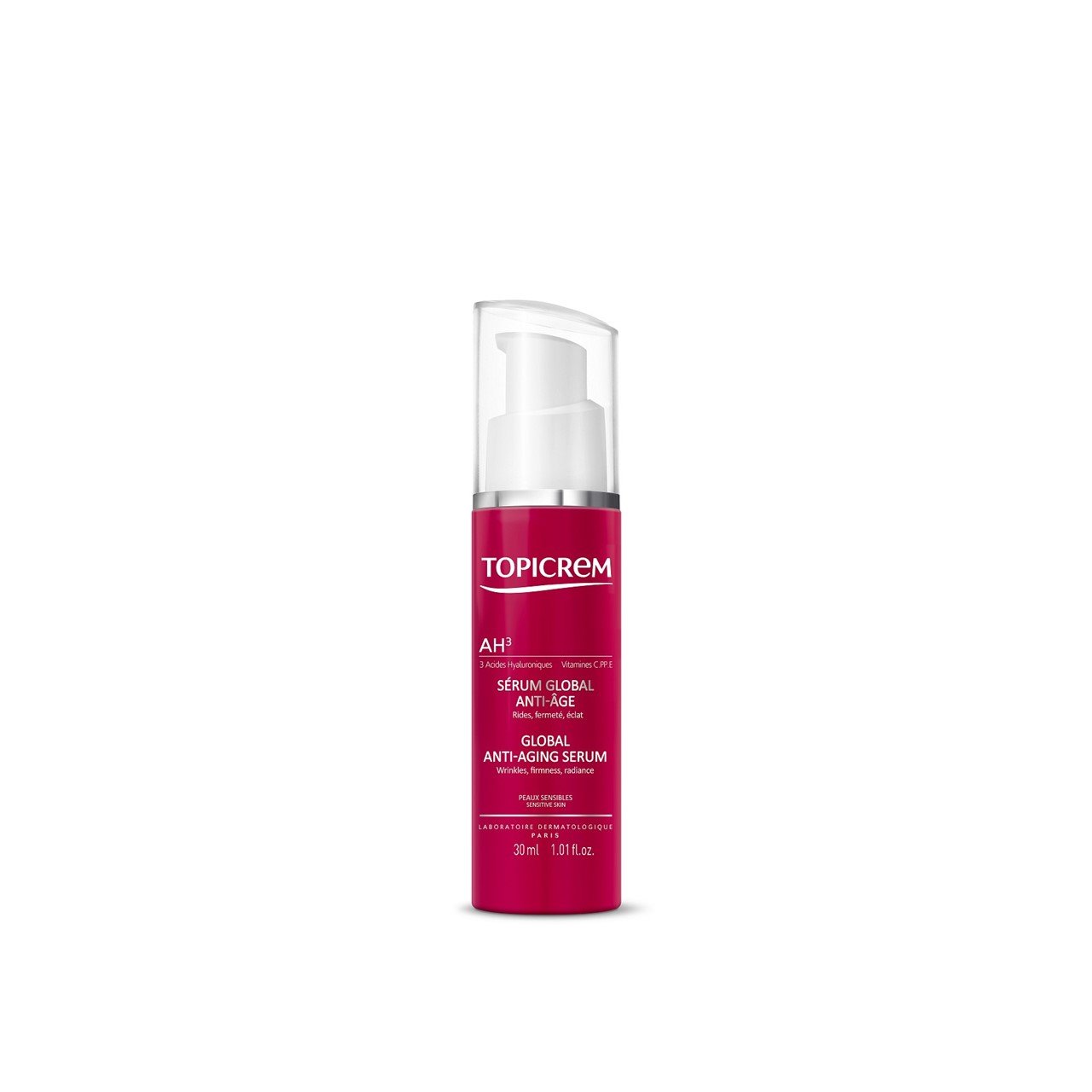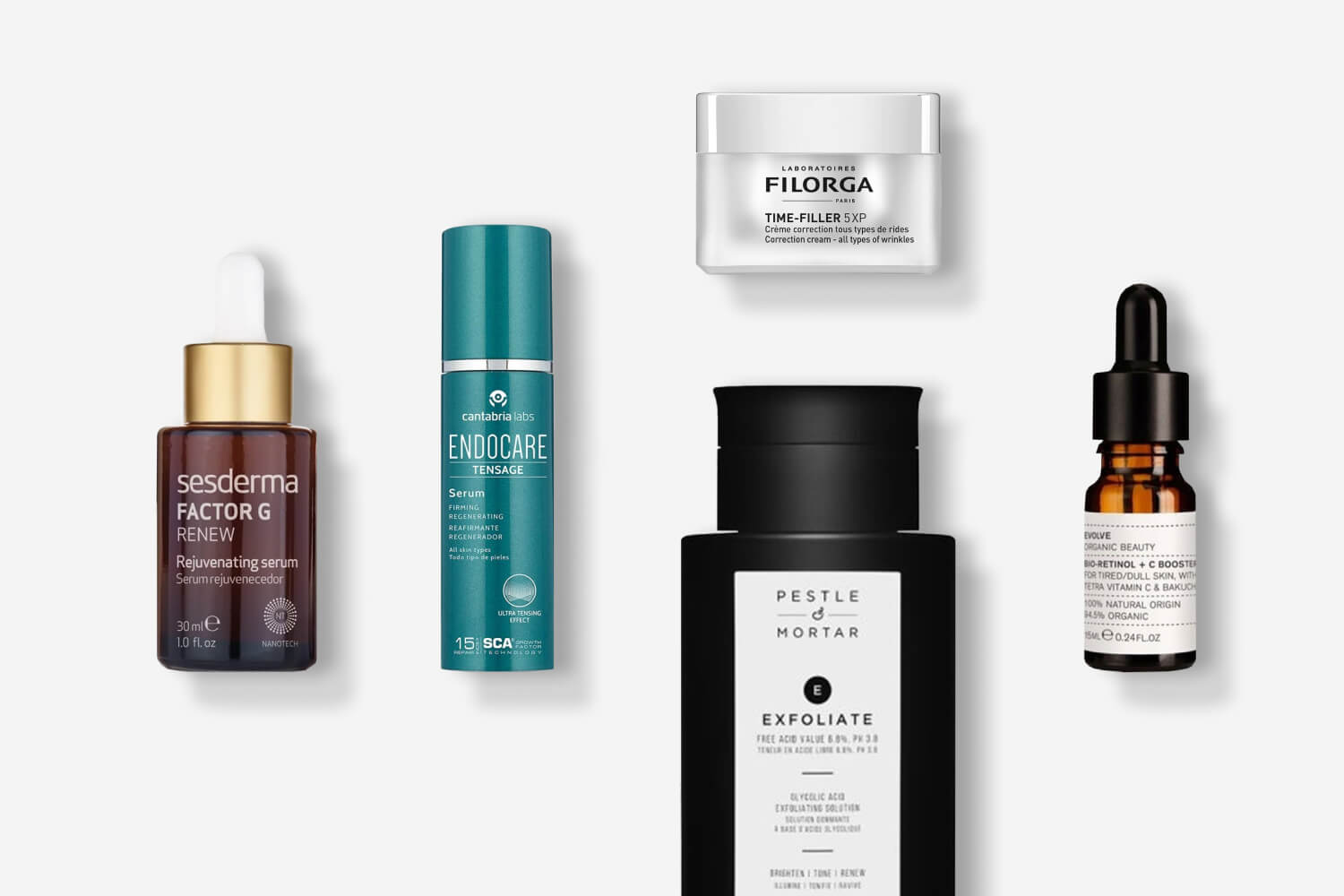
When it comes to anti-aging skincare, there is no doubt that retinol is the gold standard. However, you may be among the many people who can’t use it. Maybe your skin can’t tolerate it, or maybe it’s not recommended for you right now; either way, you may find yourself looking for the best retinol alternative for your needs.
To help you on this journey, we’re going to guide you through some of the ingredients we recommend as alternatives to retinol–they may not work as well as retinol (few things do), but they might just be a better match for your skincare needs.
On this post:
- Why use a retinol alternative?
- You want a natural alternative to retinol
- You have sensitive skin
- You’re pregnant
- You’re breastfeeding
- 4 retinol alternatives to try now
Why use a retinol alternative?
There are plenty of reasons why you might be looking for an alternative to retinol. In this post, we’ll focus on some of the most common:
You want a natural alternative to retinol
Talking about “natural alternatives to retinol” can be a little misleading: retinoids, including the ever-popular retinol, are compounds derived from vitamin A, and can be of either natural (animal or plant) or synthetic origin. Your challenge as a consumer, of course, is that you won’t necessarily know the origin of the retinol in your products, because brands don’t necessarily commit to that level of transparency.
If it’s important for you to know that you’re using an anti-aging ingredient of natural origin–or even of strictly plant origin–, then it might make sense to look for all-natural alternatives to retinol.
You want an alternative to retinol for sensitive skin
Retinol and retinoids in general are infamous for causing side effects–think dryness, redness, irritation, and skin flaking, along with burning, stinging, and tingling. For those with resilient skin, these side effects can be uncomfortable, but for those with sensitive skin they are likely to be unbearable.
This is where retinol alternatives for sensitive skin come in. If you’re looking for an effective anti-aging ingredient but can’t use retinol without feeling like it’s destroying your skin, you may want to do some exploring around other ingredients.
You want an alternative to retinol during pregnancy
Retinol is contraindicated during pregnancy, as are retinoids in general. This recommendation stems from a possible association between the use of tretinoin (a retinoid) and the development of congenital diseases in the growing baby; needless to say, it’s taken very seriously in the world of skincare.
This doesn’t mean, of course, that you can’t use anti-aging ingredients during pregnancy–it just means that you have to look for more suitable options.
You want an alternative to retinol during breastfeeding
If you’re looking for a retinol alternative to use while breastfeeding, we’ve got good news: you don’t need one. As we mentioned above, the risks associated with retinol during pregnancy are related to the baby growing in the womb; if your baby has already been born and you are breastfeeding, that scenario no longer applies to you. In short: using a skincare product with retinol on your face, while breastfeeding, is not harmful to you or your baby.
That’s it! Good news, you can go back to your favorite retinol.
4 retinol alternatives to try now
To help you in your search for an alternative to retinol that you can use for anti-aging, we’ll guide you through the benefits of four different ingredients: bakuchiol, alpha hydroxy acids (AHAs), peptides, and niacinamide.
Bakuchiol
| Use if you want: | A natural alternative to retinol |
|---|---|
| What it is: | A plant extract found in the seeds and leaves of Psoralea corylifolia, a plant used in traditional Indian and Chinese medicine |
| How it works: | By improving the appearance of fine lines and wrinkles, helping reduce dark spots and hyperpigmentation, and promoting skin elasticity and firmness |
If you haven’t heard of bakuchiol, you’re late to the party! Bakuchiol revolutionized skincare by entering the scene a few years ago. It was the first molecule to be introduced as an actual natural alternative to retinol. But, is it actually an alternative? Sort of. In fact, the best way to include bakuchiol in an anti-aging routine is alongside retinol, all in the same product. Bakuchiol is a great efficacy booster for retinol, which allows the product to achieve the same benefits with a lower concentration of retinol.
If you really want to avoid retinol, then you can use products built around bakuchiol as a retinol alternative: bakuchiol offers a number of benefits on its own, including being a great antioxidant.
Alpha Hydroxy Acids (AHAs)
| Use if you want: | A natural alternative to retinol |
|---|---|
| What they are: | Exfoliating acids from natural sources |
| How they work: | By exfoliating the skin and improving cell turnover, which in turns boosts radiance, refines the skin texture, and may help fade dark spots |
Another natural alternative to retinol, which may not be immediately obvious, are exfoliating acids–specifically alpha hydroxy acids (AHAs). Alpha hydroxy acids are chemical exfoliants that can be found in nature: glycolic acid can be found naturally in sugar cane, lactic acid in milk and some fruits and vegetables, mandelic acid in almonds, and so on.
AHAs have tried-and-tested exfoliation, skin smoothing, and antiaging effects–meaning, they can help you refine your skin texture, address dullness and enhance the radiance of your complexion, and help fade dark spots. Some AHAs are even suitable for sensitive skin!
Peptides
| Use if you want: | A retinol alternative to use during pregnancy |
|---|---|
| What they are: | Short chains of amino acids, some naturally occurring, some designed in a lab for a powerful anti-aging action (“designer peptides”) |
| How they work: | By moisturizing the skin, improving the skin’s barrier function, and stimulating the production of collagen and elastin for greater skin firmness and elasticity |
Meet our favorite replacement for retinol during pregnancy: peptides. Increasingly popular in the skincare world, peptides are known for their moisturizing and anti-aging benefits–which include the ability to stimulate collagen and elastin production for greater skin firmness and elasticity.
In addition to being a good alternative to retinol during pregnancy, peptides are also good for sensitive skin–their moisturizing properties offer the complete opposite of retinol’s drying action, and they also help improve the skin’s barrier function.
Niacinamide
| Use if you want: | A retinol alternative for sensitive skin |
|---|---|
| What it is: | A water-soluble vitamin, also known as vitamin B3, nicotinamide, or vitamin PP |
| How it works: | By increasing dermal collagen (minimizing fine lines and wrinkles and maintaining skin firmness and elasticity), acting on the formation of dark spots, and repairing the skin barrier |
If your skin can’t tolerate retinol because it’s very sensitive, you may want to consider using a retinol alternative like niacinamide. Niacinamide is a quadruple agent in the world of skin care: it has anti-aging, anti-dark-spots and anti-acne benefits, and it promotes the integrity of the skin barrier on top of it all.
Having reviewed the benefits of niacinamide, you can see how it really can be the most suitable anti-aging ingredient for sensitive skin. Not only does it boost dermal collagen to help minimize fine lines and wrinkles and maintain skin firmness and elasticity, it also corrects aging spots and helps promote an even complexion–all without the disruption and irritation you’d get with retinol.
We know that retinol is a perfect anti-aging ingredient. However, not everyone can tolerate it, and some people can’t really use it. Fortunately, there are retinol alternatives you can use: we’ve talked about bakuchiol, AHAs, peptides, and niacinamide, but there are many more!
If you feel like exploring further, drop by the shop and check out our selection of anti-aging products. We have lots of great products to suit all preferences, so you won’t have to look far to find your match!
Pharmacy Technician & Beauty Writer
